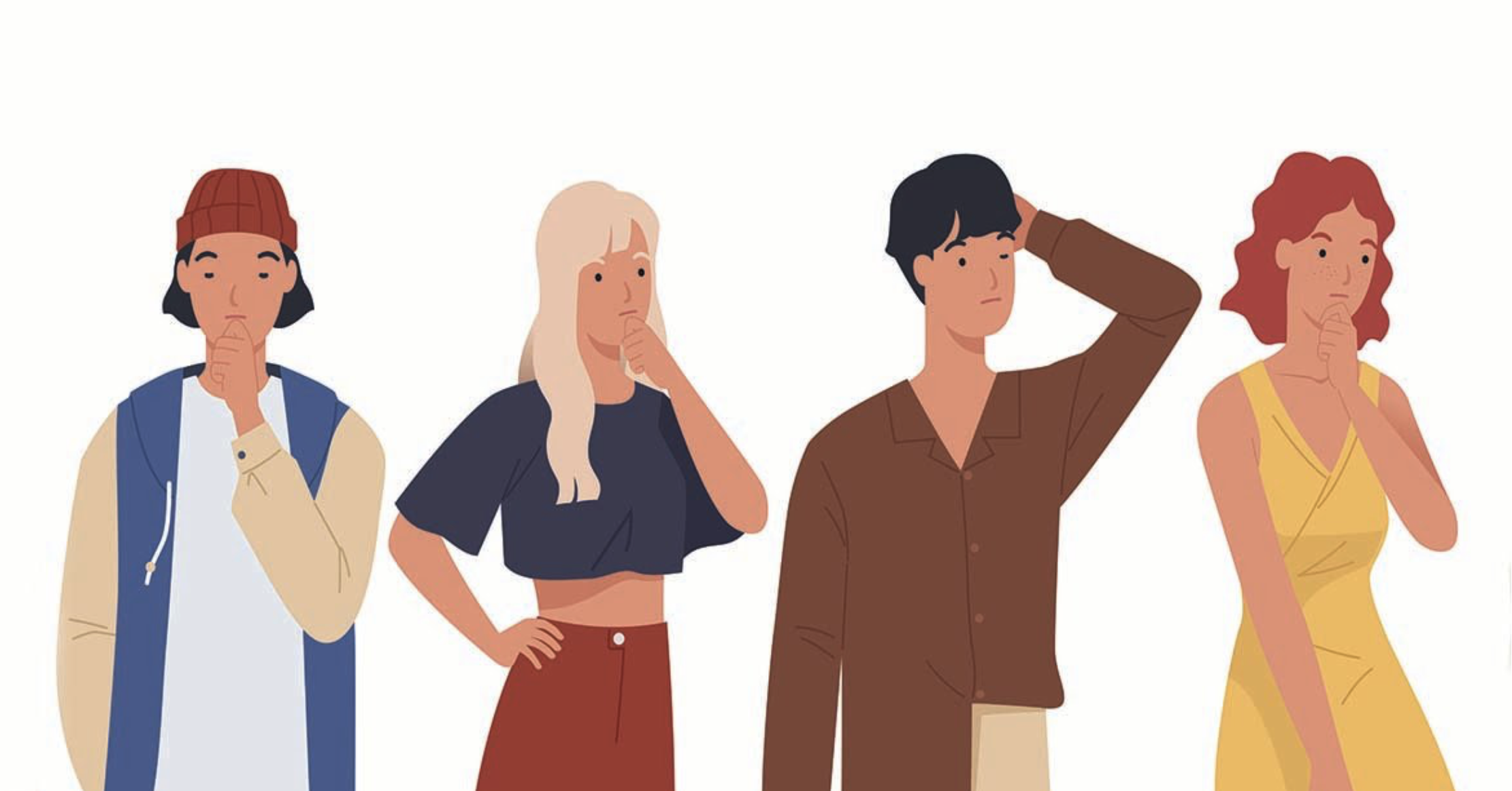Why our bellies are our second brains

Most of the topics we talk about on The Brink are focused on what happens in our heads. But there's a growing body of research that suggests our brains have a silent partner when it comes to decision making: our guts.
That 'gut feeling' that we feel when something's not quite right? Is our second brains talking to us.
Second brain 🧠
Our digestive system has more than 100 million nerve endings which are constantly listening and tinkering to ensure it works how we need it to. While that's interesting on its own, research is now starting to reveal that our moods are being driven by your digestive system, and what microbes live within them.
In an article in the Proceedings of the National Academy of Sciences (PNAS), researchers successfully demonstrated that bacteria in the gut influence psychiatric symptoms including anxiety and depression. Other studies have gone further. A range of illnesses including ADHD, autism, chronic fatigue, OCD and Tourette syndrome have all been linked with poor gut health. How does it do that?
Gut instinct ➡️
Our body has two nervous systems, one made up of your brain and spinal cord, and the one sat inside your guts, called the 'enteric nervous system'. The two are connected via the vagus nerve, which bacteria in your gut uses to send signals to your brain about how to behave. In fact, your gut sends more information to your brain than your brain sends to your gut. In summary: your guts calls the shots.
More than 90% of our body's serotonin, the chemical responsible for making us feel happy, is produced inour intestines. So naturally that got scientists thinking, if you transferred gut bacteria from one person to the other, would that change their behaviour? The answer is an emphatic yes.
Scientists at the APC Microbiome centre, at University College Cork, started transplanting the microbiome from depressed patients to animals. It's known in the biz as a trans-poo-sion.
It showed that if you transfer the bacteria, you transfer the behaviour too.
You're more microbe than human - if you count all the cells in your body, only 43% are human. The rest comes from bacteria, viruses, fungi and single-celled organisms called 'archaea'.
Prof John Cryan told the BBC: "We were very surprised that you could, by just taking microbiome samples, reproduce many of the features of a depressed individual in a rat."
This included anhedonia - the way depression can lead to people losing interest in what they normally find pleasurable. What scientists also found is that our emotions and our guts influence each other.
When we're feeling stressed, it leads to an increase in production of bacteria in our guts that cause inflammation. That inflammation, when left unchecked can kill of the bacteria that help balance out our moods, and at worse, lead to health complications like IBS and Chron's disease.
In fact, the food we eat, the pets we have, the drugs we take, how we're born all alter our microbial inhabitants. So what does this all mean?
Belly aid 🫄🏽
Scientists are starting to piece together the puzzle that is our guts, and some of the results have surprised the scientists studying our second brain. Researchers at the University of Virginia School of Medicine reversed depression symptoms when they fedsubjects live-culture yoghurt. The yoghurt created a fertile environment for a certain type of bacteria that helped regulate our moods to thrive in our guts.
"The big hope for this kind of research is that we won't need to bother with complex drugs and side effects when we can just play with the microbiome," explained lead researcher Alban Gaultier, PhD. "It would be magical just to change your diet, to change the bacteria you take, and fix your health - and your mood."
The hope among the scientific community is that the keys to making us happier and healthier live within us and less inside prescription medicine.
For the rest of us meanwhile, we'll get on with learning more about the new manager living in our bellies.
Ok, where can I learn more? 📚
- The Pscyhobiotic Revolution: Mood Food and the New Science of the Gut-Brain Connection - a cracking deep dive into this new field of science.
- How your Gut Bacteria Influences Your Emotions - a panel of experts discuss this idea at length in a fascinating podcast.
- The vagus Nerve and the brain - how scientists are looking to this brain-gut superhighway to treat PTSD.

